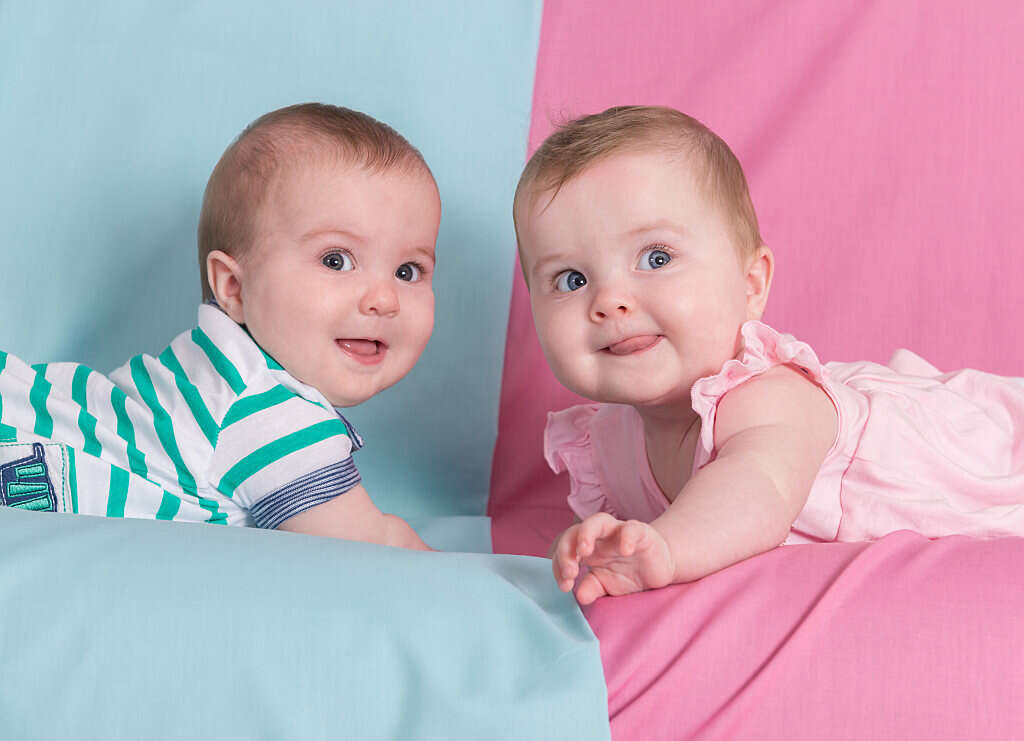On the eve of Rosh Hashanah 5781, the Jewish new year, the population of Israel stands at 9.246 million peopleת the Central Bureau of Statistics said Wednesday, adding that the populations expected to reach the 10-million mark by the end of 2024, 15 million by the end of 2048 and 20 million people by the end of 2065.
There were some 6.841 million Jewish residents in Israel during the past year of the Jewish calendar (74% of the population). Some 1.946 million residents were Arab (21% of the population), and around 459,000 residents were other denominations (5%). The population grew by 150,000 people, marking a 1.6% growth rate.
Follow Israel Hayom on Facebook and Twitter
CBS data shows that 170,000 babies were born in Israel while 44,000 people passed away. According to the net migration rate, nearly 25,000 others were added to the population with some 20,000 of them being new immigrants.
At the end of 2019, the population of Israel stood at about 9.140 million people. The approximately 6.773 million Jews comprised 74.1% of the population. Arabs, some 1.919 million residents, comprised 21% of the population, and other denominations, some 448,000 people, comprised 4.9% of the population. The population growth rate was 1.9%.

On the eve of Rosh Hashanah 5781, some 43.1% of Jews, 20 years of age and older, defined themselves as secular, 22.1% are somewhat traditional, 12.8% are observant, 11.3 said they are religious, and 10.1% are ultra-Orthodox.
According to the CBS, 88.8% of Jewish Israelis are satisfied with their lives.
In a distribution based on religion, 92.% of Jews and 76.5% of Arabs are satisfied with their lives. In terms of satisfaction over their economic situation, the report showed a significant drop to 62.2% who are satisfied (66.3% of Jews and 50.8% of Arabs). Some 2.1 million people (36.9% of the population) are unsatisfied with their economic situation and over the past year 13.4% of residents aged 20 and above considered moving abroad for at least five years.
Some 87.3% of people said they are satisfied with the apartment in which they live; 86% are satisfied in general with their area of residence and 56.5% are satisfied with the cleanliness in their area of residence. As for public transportation, only 41.3% said they are satisfied with it where they live.
Still, 11.5% felt poor over the past year, mostly from the Arab population (6.9% of Jews and 30.9% of Arabs). Some 1.7 million people (29.9% of the population) are struggling to cover their monthly house bills.
Given the global pandemic and economic crisis it triggered, 20.2% of respondents said they were experiencing constant or frequent stress. Some 19.6% said they often or occasionally feel lonely, and 24.9% felt some form of discrimination in the past year.
During the past year, 49,410 couples got married and 15,605 got divorced. In Israel, there are 2,667,600 private households. The average number of people per household is 3.24 The number of nuclear families is 2,135,400.
The national expenditure for education is 112.6 billion shekels (8% of the GDP). The total number of teachers in Israel over the past year was 182,000 compared to 179,000 the previous year – a 1.6% growth rate. The average monthly salary for teachers in 2019 was about 12,000 shekels ($3,505), compared to 6,900 shekels ($2,015) in 2005, marking a 75% increase.
TSubscribe to Israel Hayom's daily newsletter and never miss our top stories!




